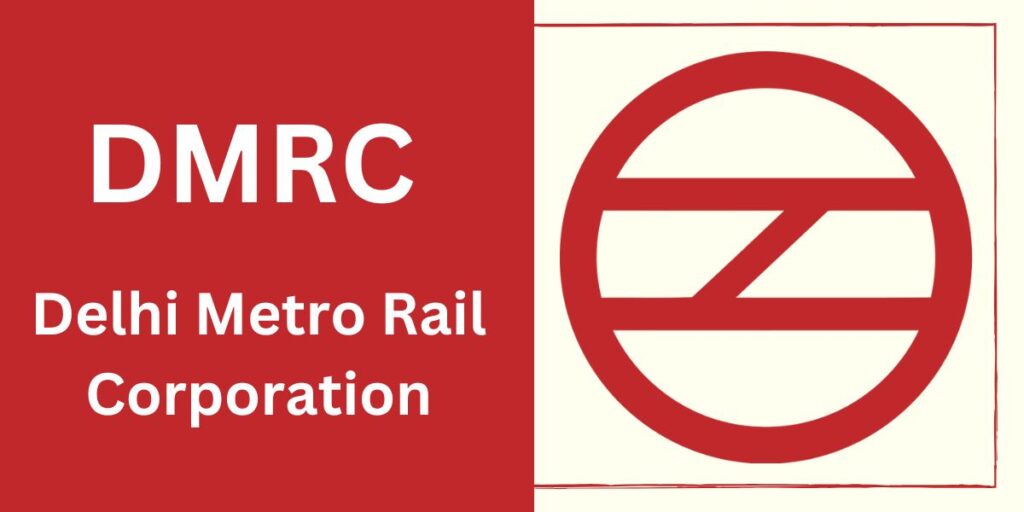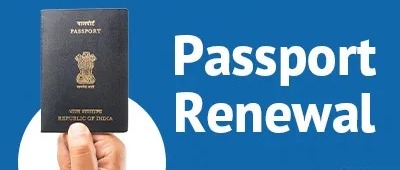Dr. B.P. Saraf, J.@mdashBy this reference u/s 256(1) of the Income Tax Act, 1961, the Income Tax Appellate Tribunal has referred the following questions of law to this court for opinion at the instance of the assessee :
"1. Whether, on the facts and in the circumstances of the case, the assessee was entitled to the deduct surtax payable by it under the Companies (Profits) Surtax Act, while computing the income from the business carried out by it under the Income Tax Act, 1961?
2. Whether, on the facts and in the circumstances of the case, the amounts received in the course of the business carried on by the assessee and later written back to the profit and loss account as unclaimed, partake of the nature of the trading receipts taxable u/s 28(iv) of the Income Tax Act, 1961?"
2. The first question is covered by the decision of this court in Lubrizol India Ltd. v. CIT [1991] 187 ITR 25. Following the same, we answer this question in the negative and in favour of the Revenue.
3. So far as the second question is concerned, the relevant facts pertaining to it are as under :
The assessee is a private limited company. During the previous year relevant to the assessment year 1976-77, the assessee credited to its profit and loss account a sum of Rs. 63,379. This amount comprised a sum of Rs. 7,429 deposited by the customers of the assessee in earlier years as advance for purchasing pumps. These parties, however, never turned up to buy the pumps or to claim the refund of the advance. Another sum of Rs. 4,321 represented excess commission received from the parties which was never claimed back by them. Another Rs. 13,249 was collected by the assessee on behalf of its principals, who never claimed the same from the assessee. The balance sum of Rs. 38,470 represented savings from remittances received from the foreign company towards the expenses of the directors in India which was not claimed back by the foreign company. This the sum of Rs. 63,379 representing the above amounts was appropriated by the assessee to its profit and loss account as it was of the opinion that this amount was not longer required to be returned to the third parties. Before the Income Tax Officer, the assessee contended that this amount, though credited to its profit and loss account, should not be included in its assessable income inasmuch as no deduction having been allowed in respect of the same in computation of its income in any of the earlier years, section 41 of the Act had no application. The Income Tax Officer, however, held that the amount of Rs. 63,379 represented the value of benefits received by the assessee in the ordinary course of business carried on by it and hence it was a treading receipt includible in the computation of the income of the assessee. The Income Tax Officer, therefore, disallowed the contention of the assessee and refused to deduct the same from the income of the assessee for determination of its total taxable income under the head "Income from business."
4. The assessee appealed to the Commissioner of Income Tax (Appeals). The Commissioner of Income Tax (Appeals), however, confirmed the order of the Income Tax Officer. The assessee appealed to the Income Tax Appellate Tribunal. The Tribunal also confirmed the action of the Income Tax Officer and the Commissioner of Income Tax (Appeals). Aggrieved by the order of the Tribunal, the assessee applied for reference of the controversy to this court for opinion u/s 256(1) of the Act. The Tribunal has accordingly referred question No. 2 to this court.
5. Learned counsel for the assessee submits that the amount in question is not includible in the total income of the assessee u/s 28(iv) of the Act inasmuch as it is neither a benefit nor a perquisite arisen from business. It is further contended that even of it is held to be a benefit, section 28(iv) would still have no application inasmuch as this benefit had been received in cash and section 28(iv) has no application to benefit received in cash. Reliance is placed in support of these contentions on the decision of the Gujarat High Court in
6. We have carefully considered the submission and perused the decisions referred to above. Section 28 of the Act, so far as relevant, reads :
"28. Profits and gains of business or profession. - The following income shall be chargeable to Income Tax under the head ''Profits and gains of business or profession'', - ........
(iv) the value of any benefit or perquisite, whether convertible into money or not, arising from business or the exercise of a profession."
7. From a reading of section 28 of the Act, it is clear that besides the profits and gains of business and profession carried on by the assessee at any time during the previous year, certain other benefits, etc., specified therein are also chargeable to income under this head. Clause (iv) with which we are concerned in this case deals with the value of any benefit or perquisite, whether convertible into money or not. The only condition for inclusion of the same in the chargeable income of the assessee is that is should arise from business to exercise of a profession.
8. So far as the requirement of arising from business is concerned, there can be no controversy in this case. The benefit that has arisen to the assessee in the instant case by appropriation of the excess commission or advance receipts against supplies, etc., received in earlier years and not credited to profit and loss account in those years has a close and direct nexus with the business of the assessee. This condition, therefore, is satisfied.
9. Appropriation of the amount received by way of excess commission, advances against supplies, etc., received in earlier years and credited to the profit and loss account in the year under consideration definitely amounts to a benefit to the assessee. There can be no dispute about it. This has the result of not only reducing the trade liabilities of the assessee and enhancing its profits of business during the year but also increasing its capital.
10. The only aspect that remains to be considered is whether it is a benefit arising to the assessee in the form of money or it is a benefit which is convertible into money. There is no dispute about the fact that none of these amounts were received by the assessee in the year under consideration. It represented unclaimed old credit balances which were not claimed by the creditors as according to them they were not due to them. The amounts, therefore, represented amounts payable to the assessee for the services rendered by it to the creditors in course of business or reimbursement of expenses incurred by it in the past on their account in course of business which was not appropriated to the profit and loss account in the year of receipt for one reason or the other. The assessee had appropriated these amounts, which were appearing in its account as amounts due to others, to its own account as profit by crediting the same to its profit and loss account. No benefit in cash as such had arisen to the assessee during the year under consideration. The benefit received by the assessee by appropriation of this amount to its profit and loss account is definitely a benefit convertible into money. Section 28(iv) of the Act will squarely apply to such benefit. The controversy whether benefit arising in cash will fall within the purview of section 28(iv) or not is thus academic so far as the present case is concerned. In that view of the matter, we need not decide the same.
11. We are, therefore, of the opinion that in the instant case the amount of Rs. 63,379 represented the benefit arising to the assessee from its business which was convertible into money. In that view of the matter, we are of the opinion that section 28(iv) is clearly attracted and the Tribunal was right in confirming the inclusion of the same in the income of the assessee chargeable to Income Tax in the assessment for the assessment year 1976-77.
12. Having regard to the above discussion, we answer the question referred to us in the affirmative, that is, favour of the Revenue and against the assessee.
13. Under the facts and circumstances of the case, there shall be no order as to costs.

